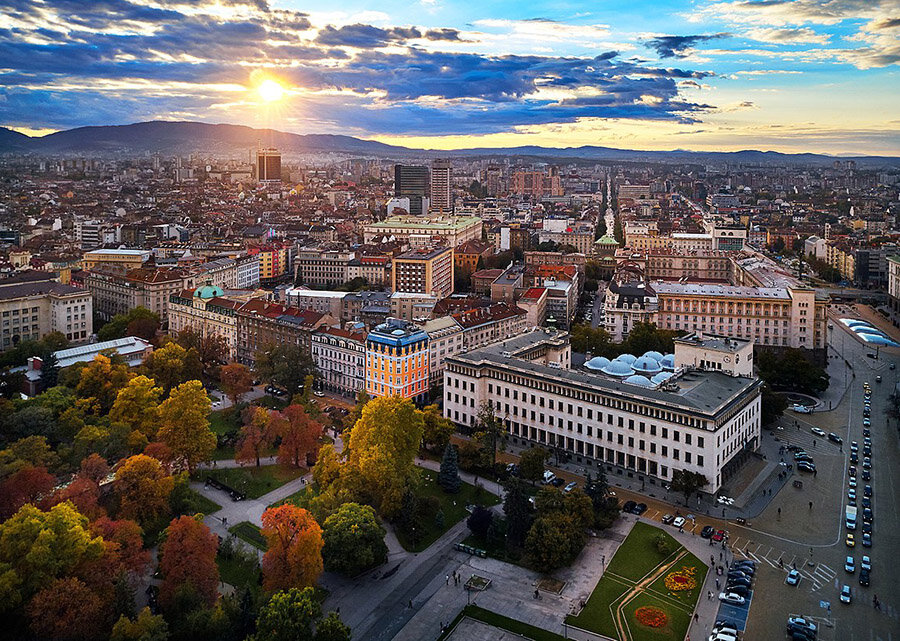Real Estate in Bulgaria: Where to Find Property for Under €1,000 per Square Meter

Bulgaria’s real estate market showed notable growth in 2024. According to the National Statistical Institute (NSI), average housing prices increased by 16.5% compared to 2023, when the rise was 9.9%. Despite this surge, it’s still possible to buy property in Bulgaria for under €1,000 per square meter.
The highest quarterly price increases in Q4 2024 were recorded in Ruse (+8%), Plovdiv (+5.9%), and Varna (+5.1%). Prices rose by 4.5% in Stara Zagora, while Sofia and Burgas saw more moderate increases of 2.2% and 1.5%, respectively. These figures indicate sustained demand in regional cities, while growth slows in the largest urban areas.
In Sofia, prices varied significantly by district. The most expensive areas were Doctor's Garden (€4,114/sq.m), Izgrev (€2,901), and Medical Academy (€2,850). More affordable options included Svoboda (€702), Lyulin 1 (€870), and Lyulin 7 (€950). The average price in Sofia’s city center reached €2,085 per square meter.
Other cities also showed a wide price range. In Plovdiv, prices ranged from €883 to €3,117/sq.m, with a city center average of €1,470. In Varna, prices spanned €819 to €2,979 (center: €2,153). Burgas ranged from €688 to €1,608, Ruse from €607 to €1,330, and Stara Zagora averaged €1,005/sq.m.
Experts interviewed by Pariteni.bg noted that despite accelerated price growth, real estate in Bulgaria remains among the most affordable in the EU, especially compared to many neighboring countries. It’s still possible to find property for under €1,000 per sq.m in several cities, including Ruse (€607), Burgas (€688), Varna (€819), Plovdiv (€883), and even some Sofia districts (Svoboda, Lyulin 1, Lyulin 7 ranging from €702 to €950). Stara Zagora, with an average of €1,005, also borders affordability.
Meanwhile, real estate agency Imoteka reported that by late 2024, buyers increasingly demanded discounts—typically 5–10% off asking prices, especially in oversupplied markets like Ruse, Burgas, and parts of Varna. Sellers in major cities like Sofia showed less willingness to negotiate, citing limited supply and strong demand.
In 2025, Bulgaria’s property market shows signs of stabilizing after robust growth in 2023–2024. According to Imoteka, deal volumes are expected to hold steady, with regional price increases unlikely to exceed 10%.
A Colliers report notes continued demand for quality new housing in Bulgaria. However, experts caution that high interest rates and limited supply could dampen buyer activity. Competition among sellers is rising, and buyers are becoming more selective.
Novinite reported that prices rose another 6% in early 2025, partly driven by expectations that Bulgaria will adopt the euro in 2026. This prospect boosts foreign investor interest but also raises concerns about inflation and affordability.
On the macroeconomic front, the IMF forecasts Bulgaria’s GDP growth to slow to 2.5% in 2025, with inflation at 3.7%. Fitch offers a more optimistic outlook, predicting 3.1% GDP growth.
In summary, Bulgaria’s property market in 2025 is evolving toward greater balance, with active sales continuing, but expectations becoming more realistic and buyers increasingly demanding quality. Prices remain low compared to much of Europe, but yields are also moderate.








